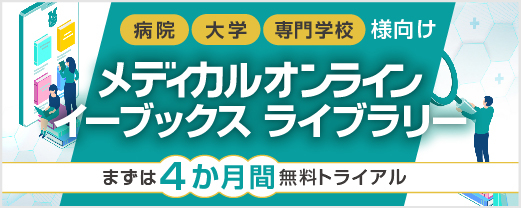アブストラクト
Japanese
| Title | 小児患者における絵本を用いた服薬コンプライアンス向上に関するアンケート調査 |
|---|---|
| Subtitle | ノート |
| Authors | 吉田謙介(a), 清海杏奈(a), 遠山卓(b), 竹佳奈美(b), 庄司拓馬(b), 李英健(b), 朴慶純(c), 杉浦宗敏(a) |
| Authors (kana) | |
| Organization | (a)東京薬科大学医薬品安全管理学教室, (b)株式会社ヤナリまいにち薬局古淵店, (c)国立成育医療研究センター生物統計ユニット |
| Journal | YAKUGAKU ZASSHI |
| Volume | 144 |
| Number | 11 |
| Page | 1031-1037 |
| Year/Month | 2024 / 11 |
| Article | 報告 |
| Publisher | 日本薬学会 |
| Abstract | 「緒言」国内における小児の服薬アンケート調査の研究では, 66.4%の保護者が3歳以上の小児が薬を飲むことを嫌がった, 飲まなかったことが報告されており, 対象剤形は粉薬が84.2%と最も多いとされる. 小児の服薬困難な主な理由は, 苦味, におい, ざらつきなどの薬剤的性質があげられており, 保険調剤薬局における対策として服薬ゼリーやジュースに混ぜるなどの助言や指導が行われている. また, 保護者はこれらの服薬困難に対して, 薬をアイスやジュース, 様々な食品と混ぜることで改善の努力をしている. しかし, 粉薬を溶解することで苦味を生じる薬剤や薬効に影響を与える薬剤があり, 可能な限りそのままの剤形での服用が望まれる. 小児における服薬コンプライアンスの低下は腎移植, 喘息, アトピー性皮膚炎, 肝移植の領域において報告されており, 服薬コンプライアンスが治療効果に影響を与えることが予想される. |
| Practice | 薬学 |
| Keywords | picture book, medication compliance, pediatric patient, parent, powdered medication |
English
| Title | The Impact of a Picture Book to Improve Medication Compliance in Pediatric Patients : A Questionnaire Survey |
|---|---|
| Subtitle | Notes |
| Authors | Kensuke Yoshida(a), Anna Kiyomi(a), Suguru Tohyama(b), Kanami Take(b), Takuma Shoji(b), Yonggon Lee(b), Kyongsun Pak(c), Munetoshi Sugiura(a) |
| Authors (kana) | |
| Organization | (a)Department of Drug Safety and Risk Management, School of Pharmacy, Tokyo University of Pharmacy and Life Sciences, (b)Division of Everyday Pharmacy, Yanari Co.,Ltd, (c)Division of Biostatistics, Center for Clinical Research, National Center for Child Health and Development |
| Journal | YAKUGAKU ZASSHI (Journal of the Pharmaceutical Society of Japan) |
| Volume | 144 |
| Number | 11 |
| Page | 1031-1037 |
| Year/Month | 2024 / 11 |
| Article | Report |
| Publisher | Pharmaceutical Society of Japan |
| Abstract | Poor medication compliance in children can affect treatment efficacy. We examined the impact of a picture book created by pharmacists to improve medication compliance in children. Our study aim was to assess the effects of the pharmacist-created picture book on medication compliance in children and their parents in collaboration with an outpatient pharmacy. This study included 74 children [recovery rate 28/74 (37.8%)] aged 3 - 6 years and their parents between March 2023 and March 2024. In the item "Have you experienced any difficulties in giving medication to your child?" the proportion of respondents answering, "Always" or "Sometimes" decreased from 78.3% (18/23) to 34.7% (8/23) after reading the picture book (p < 0.01). When answering the question "What specific situations have you found challenging when giving medication?" the number of responses decreased from (an average/mean) of 1.5 situations before reading the picture book to 1 situation. Regarding whether guardians felt a greater appreciation for the importance of giving medication to their children after reading the book, 64.3% answered "Yes," the highest response. A positive correlation (correlation coefficient = 0.77, p < 0.01) was observed between "Is the child interested in taking the medication?" and "Is the child able to take the medicine? Pharmacists need to raise public awareness of the importance of medication adherence. Since picture books are likely to be repeatedly read aloud, they are considered effective. The results of this study suggest that pharmacist-created picture books may contribute to improving medication compliance in children. |
| Practice | Pharmaceutical sciences |
| Keywords | picture book, medication compliance, pediatric patient, parent, powdered medication |
- 全文ダウンロード: 従量制、基本料金制の方共に770円(税込) です。



